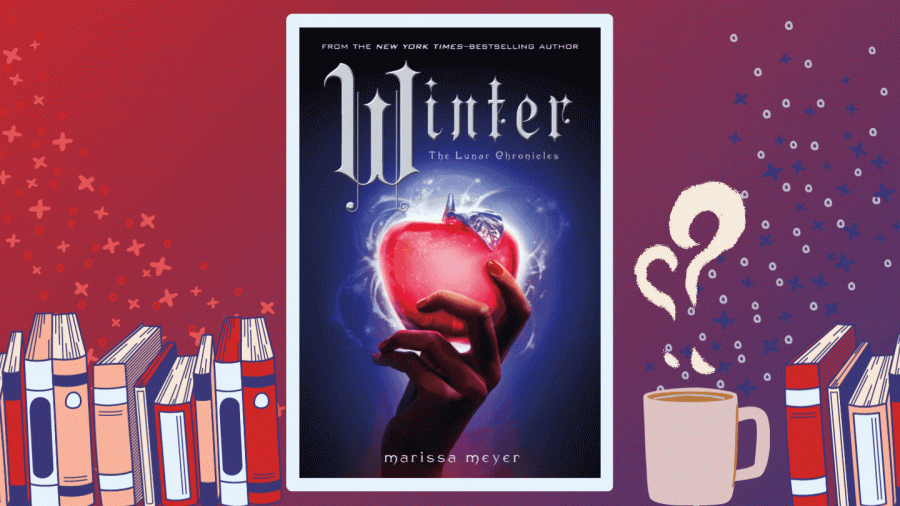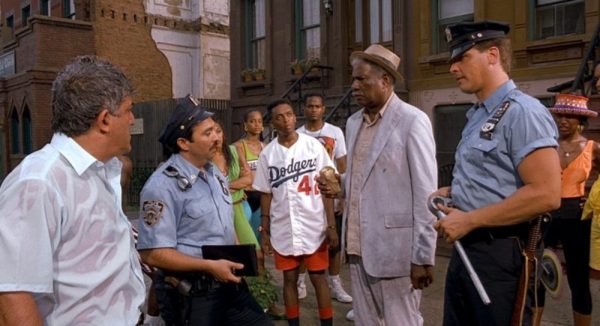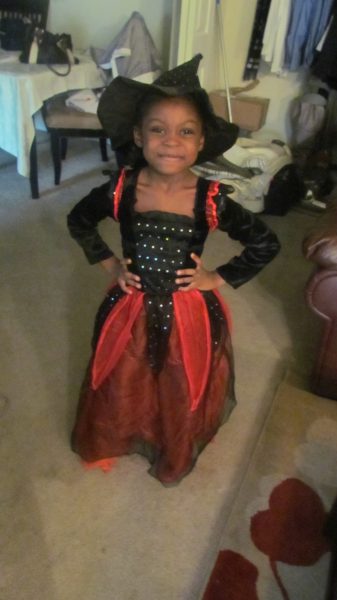Book Character Review: Winter from The Lunar Chronicles
Author’s Note: So I read a lot (and criticize even more) and there’s a huge lack of complex female characters in books.
Diversity in films, books, and media has increased a lot over the years, but there’s a big difference between representation of people of color (POC) and women and good representation of POC and women with characters that are multi-dimensional, complex, and given the space to be imperfect humans. This series will analyze some of my favorite female characters, why they’re my favorite and some discussion of representation as a whole.
“Winter” from The Lunar Chronicles by Marissa Meyer
The Lunar Chronicles is a quartet series with four fairytale retellings that end in a sci-fi revolution against the queen of the moon. It’s one of my favorite series and in my opinion, one of the best, if not the best, fairytale retellings in the Young Adult genre.
Winter is the title main character that is introduced in last book of the series. The main antagonist of the series is Queen Levana who rules the Lunar population of the moon (referred to as Luna). She has a stepdaughter named Winter who has lived her whole life in the Artemisia Palace. Most Lunars, including Levana and Winter, have mind control powers that allow them to manipulate the image of themselves and make others do things against their will. Winter has survived her stepmother’s heartless tactics and manipulation, which Levana uses to keep her subjects under her control and try to force Winter into submission. Despite her stepmother’s frustrations, Winter has refused to use her mind control powers, which causes her to slowly lose her insanity. What keeps her sane is the protection of her childhood best friend and personal guard Jacin, who escorts her wherever she goes and helps her through her hallucinative attacks. Throughout the novel, she connects with the characters, Cinder, Scarlet, and Cress, from the other three novels to help start a revolution to overthrow Levana in an attempt to save both Luna and Earth.
Winter is a Snow White retelling as portrayed by the red apple on the front cover.
Winter is described as the prettiest girl in all of Luna with dark skin and curly hair. Winter’s beauty causes problems as Levana uses her powers to make herself more beautiful and therefore more powerful. Levana is intensely jealous of Winter’s natural beauty and resents Winter for never needing to use her powers to gain others’ respect.
Still, Winter’s slightly crazy. Winter’s decision to not use her powers causes her to see violent hallucinations, oftentimes of the castle walls bleeding. Her visceral imagination and selfless heart (despite her constant confrontation with her stepmother’s cruelty) make her a kind, surprisingly wise, and slightly ditzy main character.
I found this character refreshing. Winter is a sensitive, loving, and broken soul in need of physical and emotional protection. In contrast, many Black female characters in today’s YA novel stories are upheld to an expectation of being overly independent, fearless, and on guard with their emotions.
Being a strong woman isn’t at all a bad thing. It may even seem revolutionary, to have women shamelessly handling their own needs.
But, we must consider what we label as “strong” and how this affects certain groups depending on their history. According to an article published by the University of California, Berkeley, “many Black women in America report feeling pressured to act like superwomen, projecting themselves as strong, self-sacrificing, and free of emotion to cope with the stress of race and gender based discrimination in their daily lives.” With this in mind, we can see the disconnect between what kind of representation different demographics of women may want to see in books.
I saw a post arguing that two realities can coexist. The representation of strong independent women can empower white women while simultaneously boxing in Black women to narrow archetypes. White women, with a history of being the “damsel in distress” or lacking depth beyond being the male lead’s muse in mainstream literature and film, may feel freed and inspired by the strong female characters they read about. On the other hand, Black women have a history of being masculinized and forced to mature faster than their white counterparts. The “strong Black woman” stereotype has been a national scapegoat for denying the emotional and physical needs of Black women, forcing them to fend for themselves against systems of injustice under the guise of admiration and encouragement.
Now that we see how important characters like Winter are, there are some things we still need to consider. For one, Winter is incredibly pretty. This isn’t inherently an issue, but Winter shouldn’t need her beauty or sensitivity to prove her femininity. Also, Winter lives…on the moon. She is completely removed from America, the real world, and any systems of racism Black women face in reality.
These are not necessarily criticisms, just things to note. The author is free to create characters without the pressure of creating the most radical, revolutionary, and stereotype-breaking characters in the world. Some people may even enjoy that Winter is an unquestionably and undeniably pretty girl as well as a complex person, undefined by our systems and societal perceptions. That’s why different kinds of representation of the same demographic are important. People need to see not just the image of themselves in books and films, but the vastness and complexity of their personalities, dreams, limitations, and flaws.
Winter is also one of my favorites for a very specific reason. As I mentioned, Winter and her Queen Levana share the same powers, but Winter made the choice to never use them and is borderline insane as a result of that choice. Her aunt, on the other hand, uses her powers to force people into her bidding, killing anyone who defies her by forced “suicide.”
I guess after a long era of dystopian novels with brutal landscapes, strength seemed to be portrayed as how much could a character take before breaking. But fragile Winter is unabashedly portrayed as strong. In one scene, her guard, Jacin, states with full conviction that Winter is stronger than the Queen would ever be, although Levana constantly calls Winter weak-minded. Despite Winter’s aloof way of speaking, she is fully aware of her situation and particularly insightful of its inescapability. It was cool to have strength represented through a character sticking to her morals despite the harsh repercussions weakening her socially, physically, and mentally. Having Winter be broken over and over again and still decide to not blame the circumstances as an excuse to be cruel is a more potent and human depiction of strength. I appreciate that Meyer wanted to push this narrative and decided to use Winter, a broken and lovable Black girl, to do it.
Your donation will support the student journalists of Watkins Mill High School. Your contribution will allow us to purchase equipment and cover our annual website hosting costs.

Andrea “AJ” Gordon is a senior at Watkins Mill High School and Opinion Managing Editor for The Current. She is an IB Diploma student and is a part...









